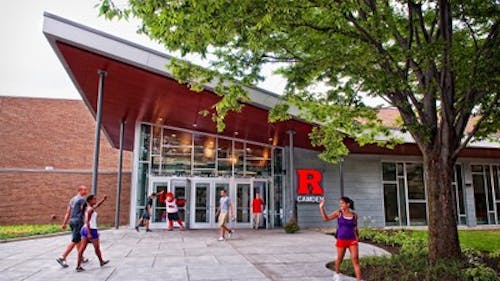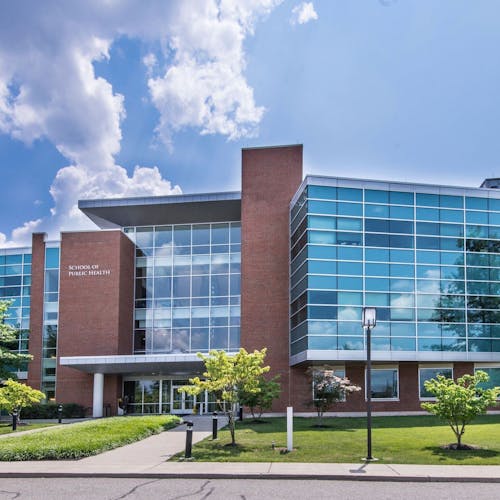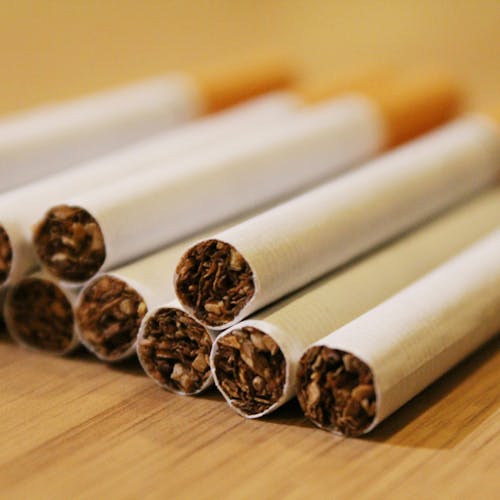Millenials less happy than Baby Boomers, study finds

South Jersey millenials are more likely than baby boomers to be socially isolated and report fair to poor mental health, according to a new study conducted by Rutgers—Camden.
The study, which was published by the University's Senator Walter Rand Institute for Public Affairs, explained the effects of social interactions, access to transportation and location in relation to mental and physical health. The study encompassed South Jersey residents from Burlington, Camden, Cumberland, Gloucester and Salem counties.
Millennials are 50% more likely than baby boomers to be socially isolated, the study found. Social isolation impacts both physical and mental health, with the socially isolated being four times more likely to abuse drugs, three times more likely to report a mental health issue and approximately 50% more likely to be overweight or obese, have diabetes and suffer from asthma than those who do not report being isolated, according to the study.
Some college students interviewed in the study blamed social media for bolstering isolation and hindering social skills.
“You can communicate with so many people right away,” said one unnamed college student, according to the study. “You might not actually meet your friends. There isn’t physical contact, which doesn’t seem right. People lack social skills in person. The highlight of your day is getting five likes so you don’t go outside, you don’t develop yourself.”
South Jersey’s lack of public transportation also factors into health, according to the study. Having less than half the number of bus stops that North Jersey counties has, nearly a third of respondents said a lack of public transportation was a health-related resource not present in their communities. Respondents in the study also told stories of missing medical appointments and surgery because of unreliable transportation, according to the study.
“We were surprised by how strong the transportation needs are in the more rural parts of the state and how strongly related they are to health,” said Sarah Allred, faculty director of the Senator Walter Rand Institute for Public Affairs, who led the study. “South Jersey has very little transportation infrastructure compared to North Jersey, yet large fractions of vulnerable populations do not have their own cars.”
Location was also a factor in health, as well as people’s perception of where they lived. Only 42% of respondents said their neighborhoods were excellent or very good to socialize with others, and those in South Jersey who did not think their communities were good at connecting with others were more likely to report fair or poor health and be obese, according to the study.
“Physical infrastructure, such as whether a neighborhood is a good place to exercise or buy healthful food, predict obesity, but so does social infrastructure, such as whether your neighborhood is good place to connect with others,” the study stated.
The University worked with multiple community organizers to distribute the 60-question survey and held 36 focus groups to garner the results in the study. Nearly 2,400 respondents completed the surveys in 121 municipalities, according to the study.
Allred said the University will follow up on its research, studying social media usage and loneliness in young people as well as finding ways to mitigate isolation in South Jersey communities, according to the study.



